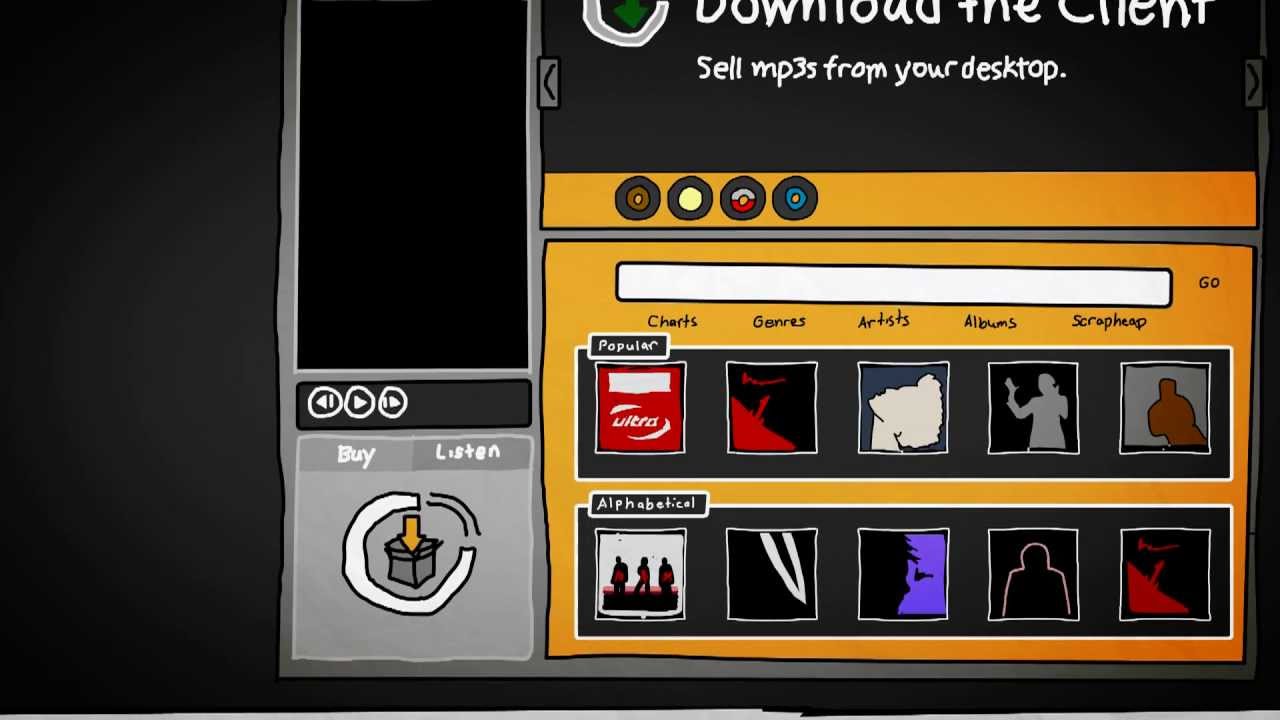The Recording Industry Association of America has targeted a business called ReDigi that specializes in selling “used” iTunes tracks online. While ReDigi promises users its practice is perfectly legal, the RIAA is having none of it, and wants the company closed down.
It demands the company abandon its business and its “infringing activities,” and hands over its sales records to the RIAA. It also wants ReDigi to open its servers so that the music files held by the company cannot be exploited.
On its website, ReDigi offers users $0.32 for each music track they sell, and claims its business is perfectly legal. The thing that sets ReDigi apart from other companies that have attempted to provide this service, ReDigi says, is that it uses a patent pending technology “that facilitates the ‘verification’ and ‘hand off’ of a digital music file from the seller to the buyer, ensuring both that the file is from a legitimate source and eligible for resale on ReDigi.”
What that means is the company verifies your music file has been obtained from a legitimate source, like iTunes, then it takes it from your PC and (somehow) ensures that any additional copies of the track are deleted so you no longer have access to it. It’s unclear how this process works exactly, but ReDigi uses a pink Cadillac to explain the process:
Let’s use the Pink Cadillac as an example. You bought that outrageous gas-guzzler, you own the title, and by all means you have the right to sell it. However, once you hand over the keys, it’s no longer yours to drive.
So now you understand, right?
Despite its promises, the RIAA isn’t convinced. It argues that the way in which ReDigi processes the tracks it sells is different to the method described in its FAQ:
As we understand it, ReDigi’s proprietary software allows a user to select a sound recording he or she possesses and to designate that recording for “sale.” The software then duplicates the user’s copy of the track, places a watermark on that copy, stores it on ReDigi’s servers and purportedly deletes the original file from the user’s hard drive or mobile device. Then ReDigi offers for sale the copy it has made to other users of its service.
As a result of its apprehensiveness, the RIAA is hellbent on forcing the company to cease and desist its operations. It wants ReDigi to “quarantine any copies on its servers of our Members’ sound recordings so that those recordings are not exploited in any manner,” then remove from its website “all references to the names and likenesses of artists signed to RIAA members.”
And its demands don’t stop there. Once that’s down, the RIAA wants “an accounting of all sales achieved and revenue generated” from RIAA members’ work, “so that we can discuss a resolution of our Members’ claims.”
“In this record, I note that the statutory damages for willful copyright infringement can be as high as $150,000 per work infringed,” the RIAA’s Jennifer L. Pariser stated.
Intellectual property attorney Rick Sanders doesn’t understand how ReDigi can carry out its operations legally, and says that the company must copy music files in order to transfer them between users, which makes the process illegal:
No matter how ReDigi does it, it has to make a couple of copies (or have its customers do so): once to its server and once again to the buyer. The fact that the ‘old’ copy is deleted simultaneously as the ‘new’ copy doesn’t make it any less of an infringement, at least technically. I have to think that ReDigi is counting on a fair use argument.
Despite this, ReDigi maintains its innocence. In a statement to Ars Techica, the company even says it significantly reduces the number of pirated tracks:
ReDigi is a strong ally to RIAA and copyright holder, anti-piracy initiatives by providing an elective tool for people to remove previously pirated music from their devices, thereby helping significantly reduce the number of pirated tracks in the music ecosphere.
It seems the RIAA is adamant that what ReDigi is doing illegal, and without a detailed explanation of how its service works, it’s hard to imagine that ReDigi’s process is indeed legal. However, the company is quick to boast about its “revolutionary” technology that helps ReDigi stay “legit.”
Are you a ReDigi user? We’d like to hear from you to get a better understanding of how process of selling your old iTunes tracks works. Leave us a comment below, or contact me on Twitter via @killianbell.


